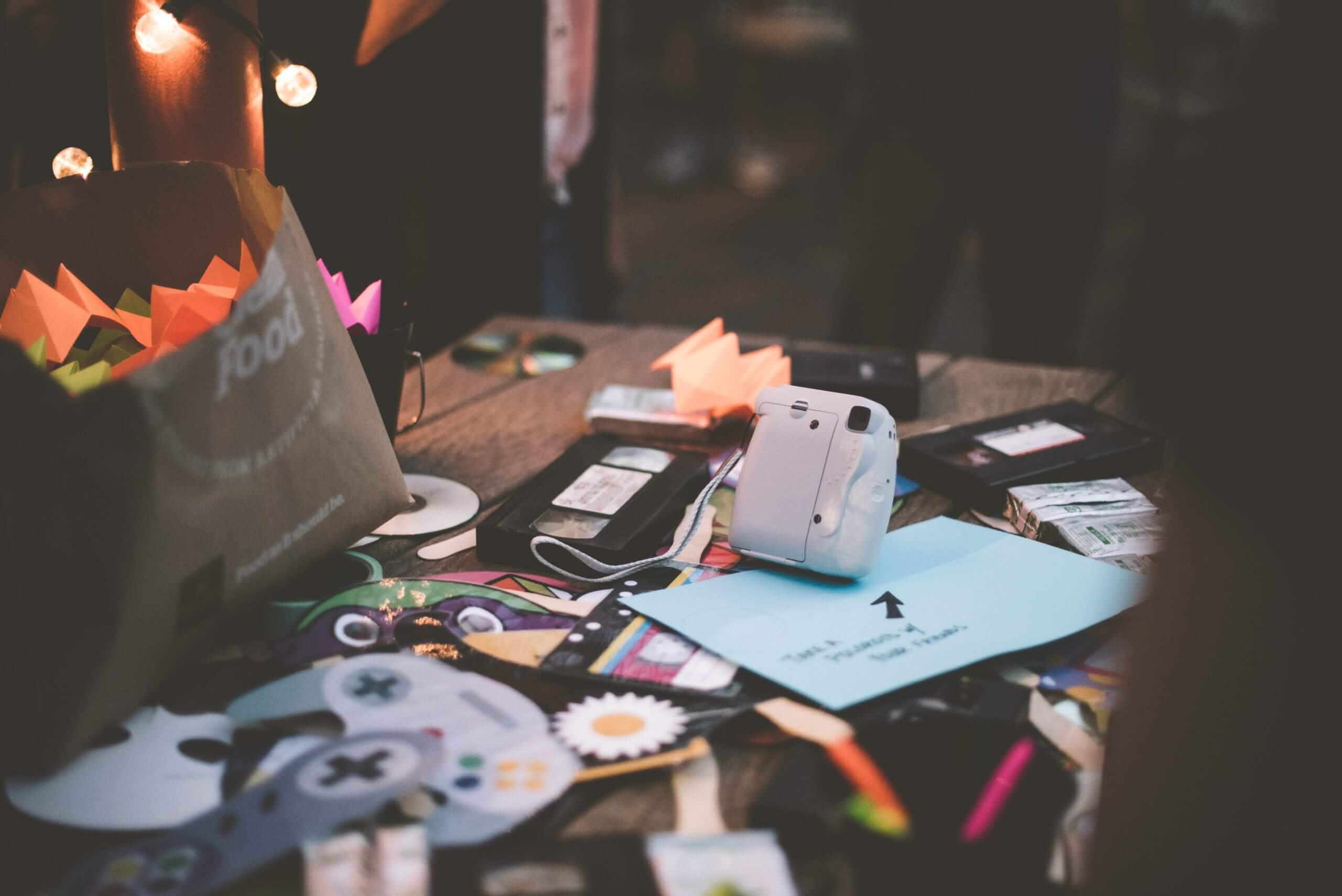OCTOBER 28, 2021
Spark Joy for Your Loved Ones and Yourself With Swedish Death Cleaning

If you’ve created an estate plan, you’ve already spent a good deal of time thinking about what will happen to you if you become sick, incapacitated, or die, including where you will go (literally) when you die. After all, you don’t want your relatives to fight over your ashes, especially if your final wishes were to be buried at sea or turned into a diamond. But have you thought about where all your stuff will go when you die?
Linnèa Gustafsson has and discusses it in her bestselling book, Swedish Death Cleaning: How to Free Yourself From A Lifetime of Stuff. A Scandanavian native, Gustafsson ascribes to the Swedish tradition called döstädning, which translates literally to “death cleaning” in English. It’s the practice of lightening the load not just for yourself during your life, but also for your loved ones who will be responsible for disposing of all the possessions you accumulated during your life once you die.
Sorting through a loved one’s material possessions is an emotional, physical, timely, and costly process.
For those of us who have already been in the position of having to sort through and dispose of the material possessions belonging to someone we cared about after they’ve passed, we’re well-versed in how difficult not only emotionally it is to walk through someone’s life via their possessions, but also how hard it is physically to dispose of these relics. Not to mention how much time and money it can take.
It’s time and money we might not have, given how we’re already pressed with our own obligations. This is only worsened if we have time constraints to deal with, like the expiration of a lease on the home where our loved one once lived.
You can be there for your relatives in death by decluttering during life.
Gustafsson has a solution or, rather, suggestions for how people can prevent their loved ones from having this burden placed upon them. And that is to declutter their surroundings while still living. Sound similar to the KonMari Method, developed by Marie Kondo, who advises followers to keep what only sparks joy?
It is, with an important difference; Gustafsson’s focus is really on sparking joy in our survivors since they won’t be faced with the added stress of having to rifle through our things and can, instead, mourn us in peace while celebrating our life. I’m being a tad bit facetious here because, hopefully, our loved ones won’t be joyful when we’re dead. And we certainly don’t want to give them a reason to curse us in death for being a packrat.
You don’t need to be at the end of your life to practice Swedish death cleaning.
So what does Gustafsson suggest to avoid such an eternal fate? She says we should start decluttering now, whether we’re young, youngish, or older. It can be a lifelong process. Regardless of age, if we’re not using it, get rid of it. Better yet, if we know someone who would love what we don’t love, need, or use anymore, we should give (gift) it to them. We don’t need two coffee makers in our kitchen, especially if we’ve given up caffeine, right?
Also, she recommends being practical about the process. For example, she recommends not sorting through pictures and personal letters first, given how tempting it is (I know it’s this way for me) to take a stroll down memory lane and not clean out the drawer we intended to because we got distracted.
Gustafsson makes yet another important point and that is what might be meaningful to us during our life and worthy of us saving might be absolutely meaningless to someone else. These items, Gustafsson says, should be placed in a box with instructions for them to be thrown away. In other words, no sorting necessary.
Making Swedish death cleaning a part of your estate plan can bring additional peace of mind.
Gustafsson emphasizes that her tips will go a long way toward improving our environment while we’re living, given clutter typically isn’t healthy for anyone. More than that, Swedish death cleaning is designed to offer peace of mind. Which is as much about death as it is about life.
You and your loved ones matter to us. If you would like to discuss how to improve your existing estate plan or create a new one, call our Seattle estate planning lawyers today.
For more great content and a little something extra delivered right to your inbox every other week, subscribe to our newsletter.
Stay up to date
Subscribe to our newsletters
Subscribe to one or more of our newsletters, delivering meaningful insight on topics that matter to you and your family.





